Publications
Articles, publications, books, tools and multimedia features from the U.S. Institute of Peace provide the latest news, analysis, research findings, practitioner guides and reports, all related to the conflict zones and issues that are at the center of the Institute’s work to prevent and reduce violent conflict.
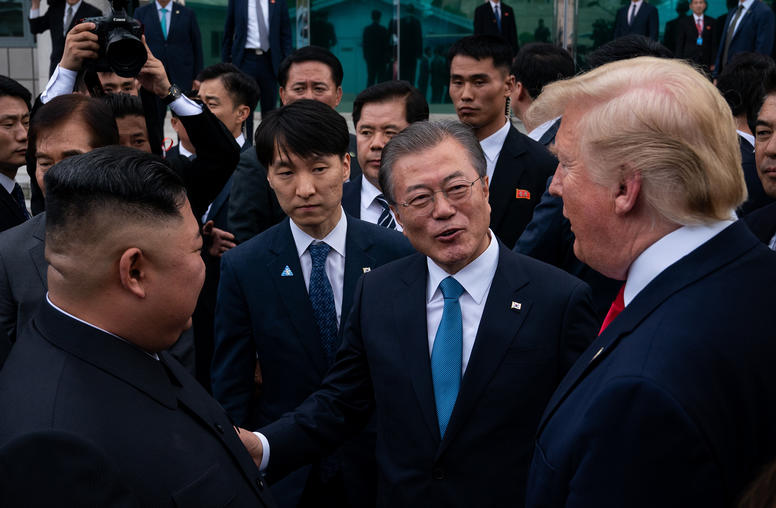
North Korea Blew Up Its Liaison Office with the South. What Now?
North Korea’s demolition this week of an inter-Korean liaison office that symbolized North-South cooperation marks a new spike in tensions between the countries, and in North Korean frustration with the United States. It was the latest in a string of inflammatory rhetoric and actions directed at Seoul and Washington since the failure of the February 2019 summit in Hanoi between President Trump and North Korean leader Kim Jong-un. The building’s demolition renews strains over North Korea’s ongoing development of a nuclear weapons arsenal, the corresponding global sanctions against Pyongyang’s illicit behavior and the 67-year failure to formalize a peace treaty following the Korean War. USIP analysts Patricia Kim and Frank Aum discuss the latest downturn.
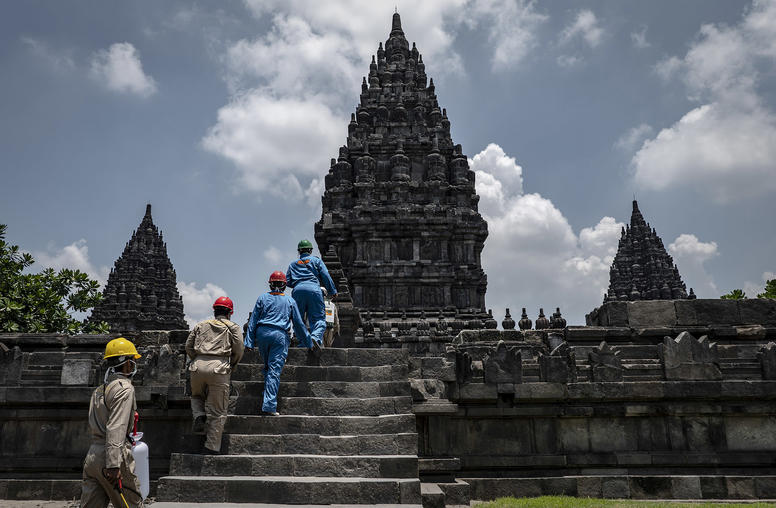
Is Coronavirus Making Southeast Asia More Authoritarian?
Southeast Asia has emerged as the regional fulcrum of strategic competition between the United States and China in the Indo-Pacific, with both the Washington and Beijing aggressively competing for influence in the 10 countries that comprise the Association of Southeast Asian Nations. This attention is well-placed, as the decisions that these countries make shape power dynamics in the broader region, influence global norms from internet governance to minority rights, and are determining along which lines the world’s most dynamic regional economy integrates.

Sarhang Hamasaeed on the U.S.-Iraq Strategic Dialogue
As the United States and Iraq engage in important talks this month, USIP’s Sarhang Hamasaeed says the focus should be “Iraq-centric policy,” even as Baghdad “is under a lot of pressure from Iran and its allies … to use the dialogue to put pressure on the United States to withdraw its troops and limit U.S. influence.”
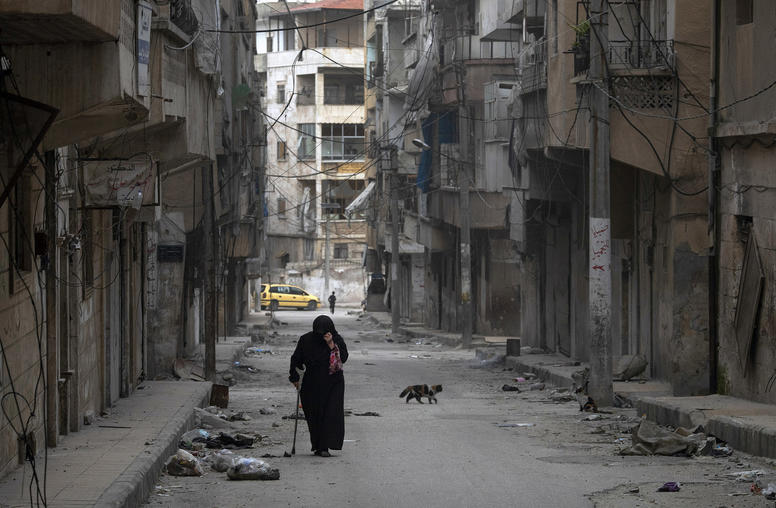
How Will New U.S. Sanctions Impact Syria’s Conflict?
After nearly a decade of civil war and strife, Syria’s long-troubled economy is in tatters with spiraling hyperinflation, food shortages, and widespread unemployment. The Syrian pound has less than a fifth of the currency’s value from this time last year. These economic woes have led to new protests in areas long controlled by the regime. Amid this economic turmoil, the U.S. Caesar Syria Civilian Protection Act comes into force today, targeted at key internal and external pillars of support for the Assad regime. USIP’s Mona Yacoubian looks at what led to the economic collapse, how the regime is responding to the protests, and the implications of the new U.S. sanctions.
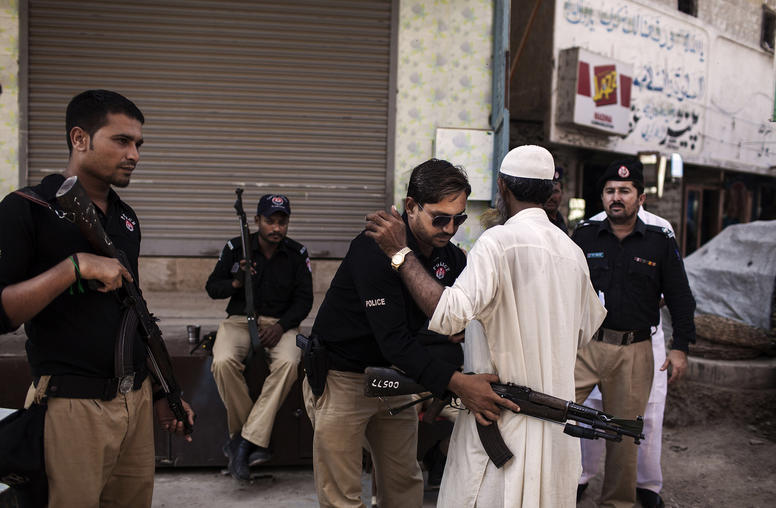
Coronavirus Pandemic Puts Police in the Spotlight in Pakistan
Police in Pakistan have found themselves in an unprecedented situation since the outbreak of the COVID-19 pandemic earlier this year. Under-resourced and poorly trained, they have struggled to ensure compliance with public health restrictions—such as lockdowns and social distancing—against a backdrop of Pakistan’s overarching governance challenges. With only outdated legal frameworks and conventional training and education to rely on, the police have largely responded to violations with corporal punishment, detentions, and arrests—actions that have been reported by the media and widely condemned.

Elie Abouaoun on Lebanon’s Deepening Crisis
Lebanon’s leaders have lacked a cohesive strategy to respond to COVID-19, exacerbating tensions that sparked mass protests last fall. But while the government struggles, and Hezbollah’s influence weakens, USIP’s Elie Abouaoun says, “Unfortunately, the protest movement is as fragmented as the government.”
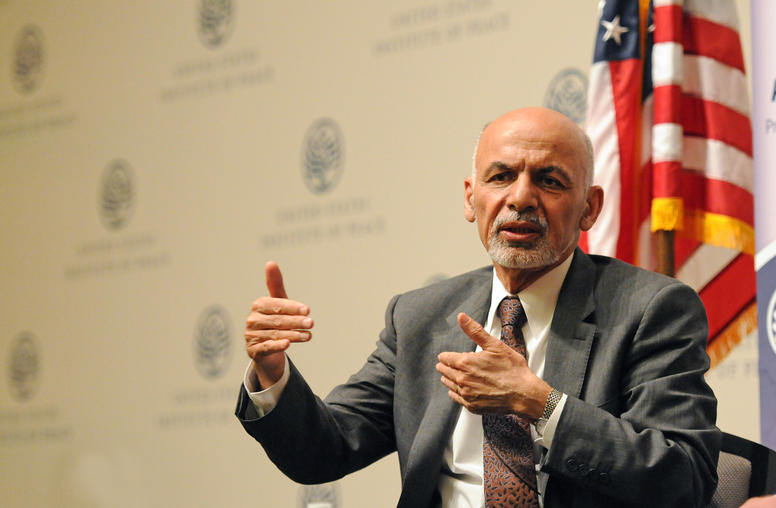
Afghan President Ghani: Freeing Prisoners Can Speed Peace Talks
Afghanistan’s government is accelerating its release of thousands of Taliban prisoners as a step toward peace talks, President Ashraf Ghani told an online audience today. The number of prisoners freed should now surpass 3,000, Ghani said, announcing that 2,000 more will be released “within a very short period.” That move, taking the total of freed Taliban fighters to 5,000, would fulfill a central Taliban pre-condition for peace talks. Ghani voiced optimism that a rare “window of opportunity” has opened for peace negotiations, but said further steps are vital to seize the chance to end the nation’s 40-plus years of warfare.
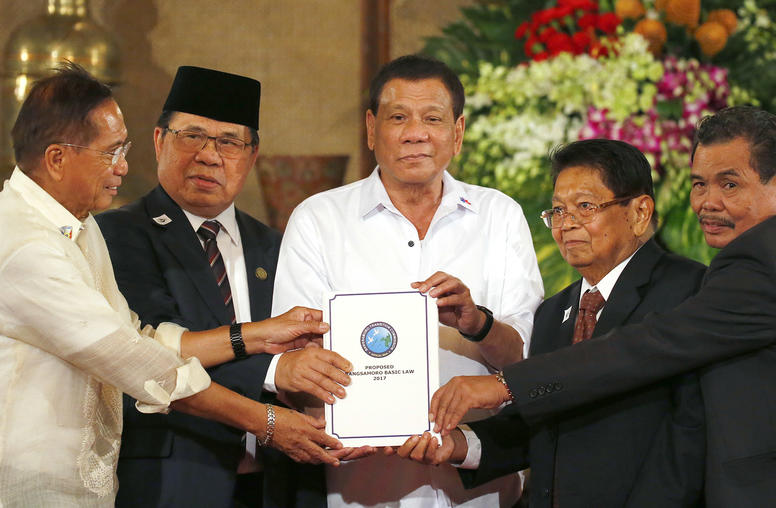
The Challenges Facing the Philippines’ Bangsamoro Autonomous Region at One Year
Just over a year ago, the Bangsamoro Autonomous Region of Muslim Mindanao (BARMM) was formally established as part of a peace agreement to end nearly five decades of conflict between the Philippine government and Moro secessionists. This report discusses the many notable achievements of the BARMM government during its first year while cautioning that these accomplishments are not irreversible, and that the BARMM will need international support—including from the United States—to confront future challenges.
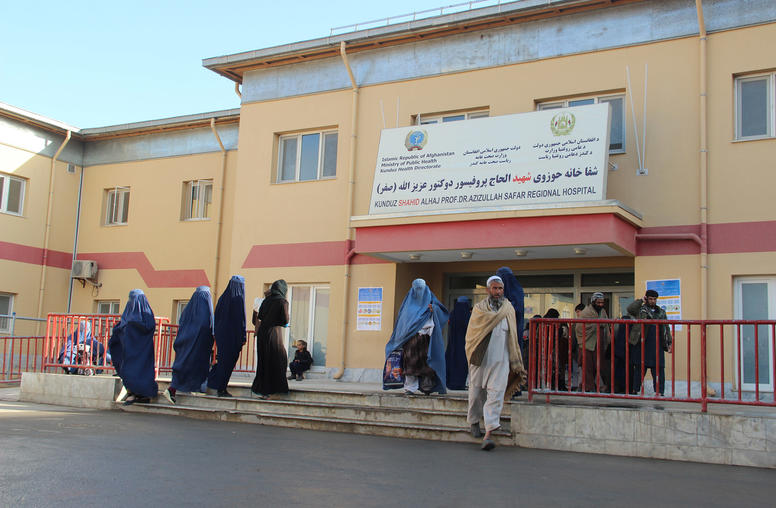
Coronavirus Complicates an Already Dire Situation for Afghan Women
Amid the coronavirus pandemic many countries around the world have reported an alarming increase in domestic violence. Indeed, U.N. Secretary-General Antonio Guterres has called for measures to address the “horrifying surge in domestic violence” linked to COVID-related lockdowns. In Afghanistan—one of the worst countries in the world for women by almost any metric—the lockdown exacerbates the dire situation many Afghan women already face. As the Afghan peace process inches forward amid a global pandemic, Afghan women’s inclusion and input are critical to combatting COVID and building peace.
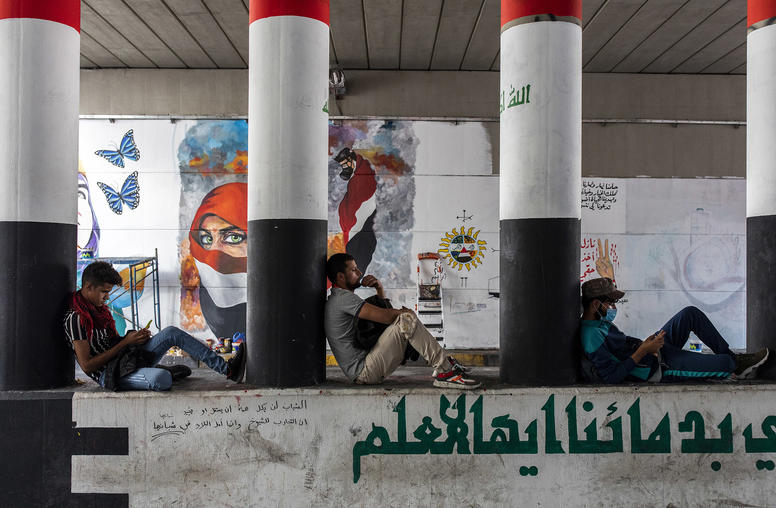
U.S.-Iraq Dialogue Opens Door To Reset Relations
Since October 2019, Iraq has been rocked by multiple crises. Protesters hit the street last fall to demand an end to corruption and foreign interference, an overhaul of the political system, and economic justice, leading to the resignation of Prime Minister Adel Abdul-Mahdi in November. Several attempts to form a new government failed until Mustafa al-Kadhimi succeeded in May. At the beginning of 2020, the U.S. airstrike that killed Iranian commander Qassem Soleimani resulted in ratcheted up tensions between Washington and Tehran that largely played out on Iraqi soil. Then the coronavirus descended up Iraq.